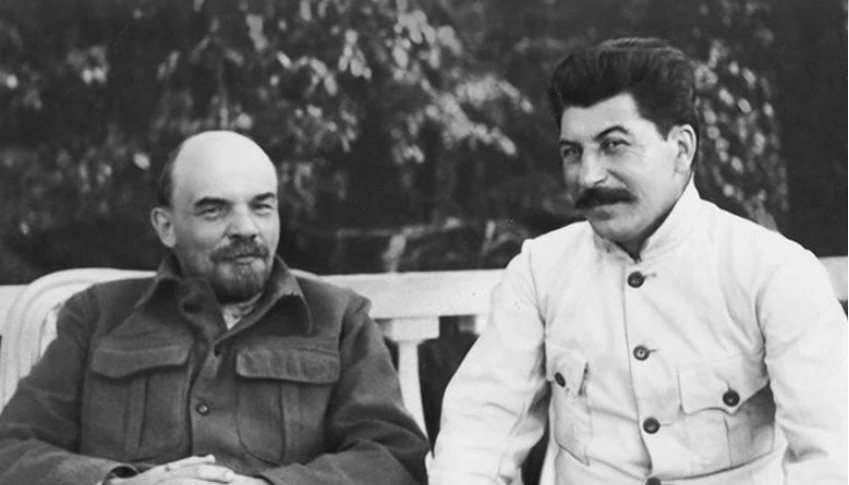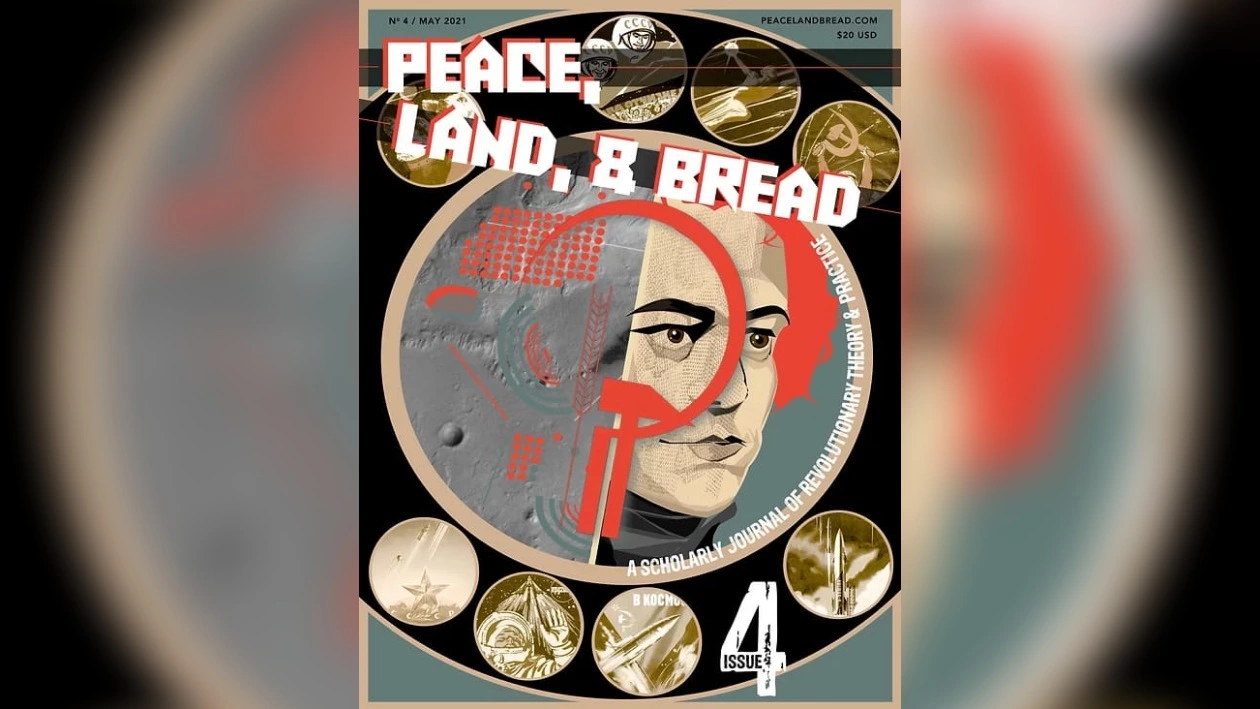According to Wikipedia, a disputed association between 1 April and foolishness is in Geoffrey Chaucer's The Canterbury Tales (1392). In the "Nun's Priest's Tale", a vain cock Chauntecleer is tricked by a fox on "Since March began thirty days and two", i.e. 32 days since March began, which is 1 April. However, it is not clear that Chaucer was referencing 1 April since the text of the "Nun's Priest's Tale" also states that the story takes place on the day when the sun is "in the sign of Taurus had y-rune Twenty degrees and one", which would not be 1 April. Modern scholars believe that there is a copying error in the extant manuscripts and that Chaucer actually wrote, "Syn March was gon". If so, the passage would have originally meant 32 days after March, i.e. 2 May, the anniversary of the engagement of King Richard II of England to Anne of Bohemia, which took place in 1381.
In 1508, French poet Eloy d'Amerval referred to a poisson d'avril (April fool, literally "April's fish"), possibly the first reference to the celebration in France. Some writers suggest that April Fools' originated because, in the Middle Ages, New Year's Day was celebrated on 25 March in most European towns, with a holiday that in some areas of France, specifically, ended on 1 April, and those who celebrated New Year's Eve on 1 January made fun of those who celebrated on other dates by the invention of April Fools' Day. The use of 1 January as New Year's Day became common in France only in the mid-16th century, and that date was not adopted officially until 1564, by the Edict of Roussillon, when France switched from the Julian calendar to the Gregorian calendar, as called for during the Council of Trent in 1563. However, there are issues with this theory because there is an unambiguous reference to April Fools' Day in a 1561 poem by Flemish poet Eduard de Dene of a nobleman who sends his servants on foolish errands on 1 April, predating the change. April Fools' Day was also an established tradition in Great Britain before 1 January was established as the start of the calendar year.
In the Netherlands, the origin of April Fools' Day is often attributed to the Dutch victory in 1572 in the Capture of Brielle, where the Spanish Duke Álvarez de Toledo was defeated. "Op 1 april verloor Alva zijn bril" is a Dutch proverb, which can be translated as: "On the first of April, Alva lost his glasses". In this case, "bril" ("glasses" in Dutch) serves as a homonym for Brielle (the town where it happened). This theory, however, provides no explanation for the international celebration of April Fools' Day.
In 1686, John Aubrey referred to the celebration as "Fooles holy day", the first British reference. On 1 April 1698, several people were tricked into going to the Tower of London to "see the Lions washed".

Although no biblical scholar or historian is known to have mentioned a relationship, some have expressed the belief that the origins of April Fools' Day may go back to the Genesis flood narrative. In a 1908 edition of the Harper's Weekly cartoonist Bertha R. McDonald wrote:
Authorities gravely back with it to the time of Noah and the ark. The London Public Advertiser of March 13, 1769, printed: "The mistake of Noah sending the dove out of the ark before the water had abated, on the first day of April, and to perpetuate the memory of this deliverance it was thought proper, whoever forgot so remarkable a circumstance, to punish them by sending them upon some sleeveless errand similar to that ineffectual message upon which the bird was sent by the patriarch".







